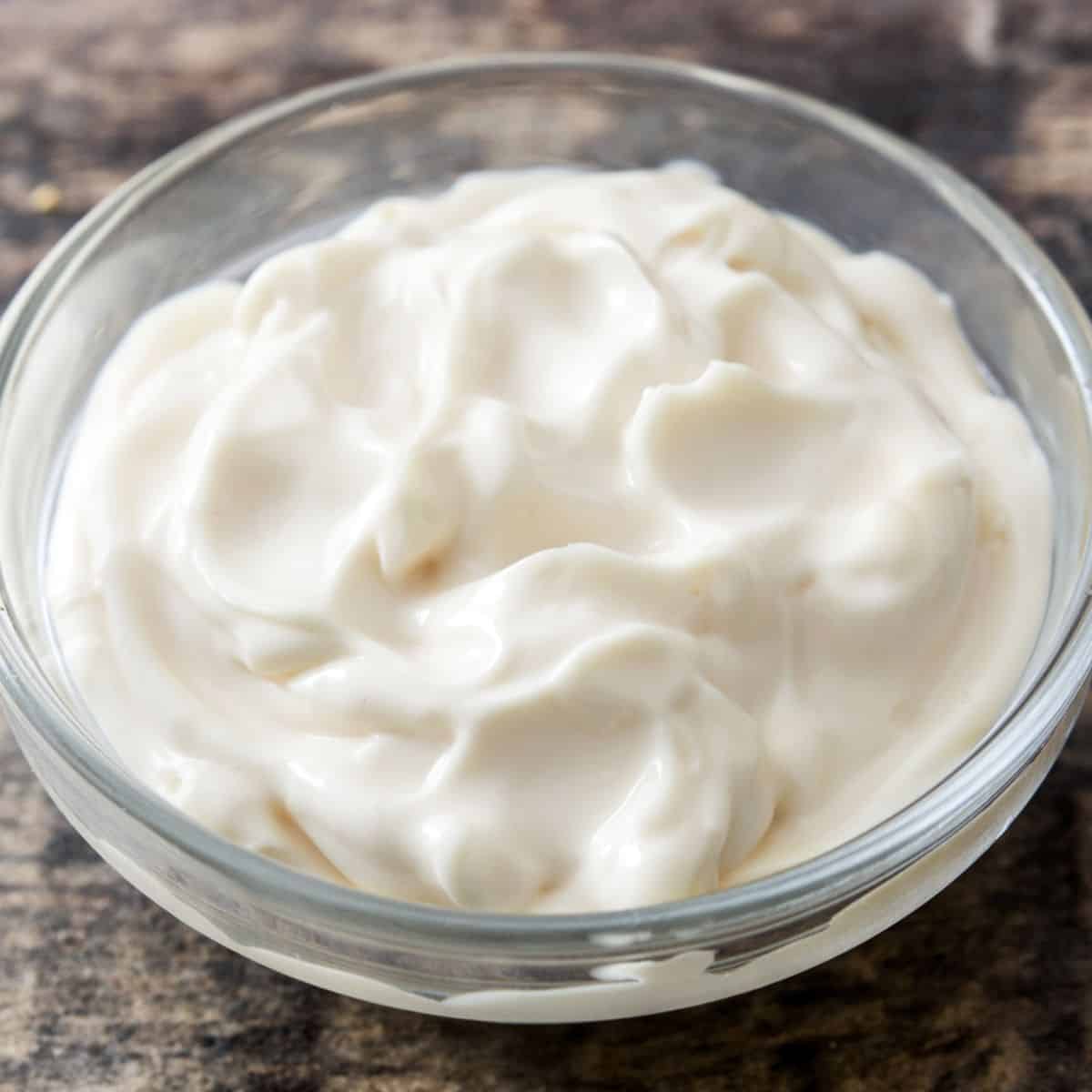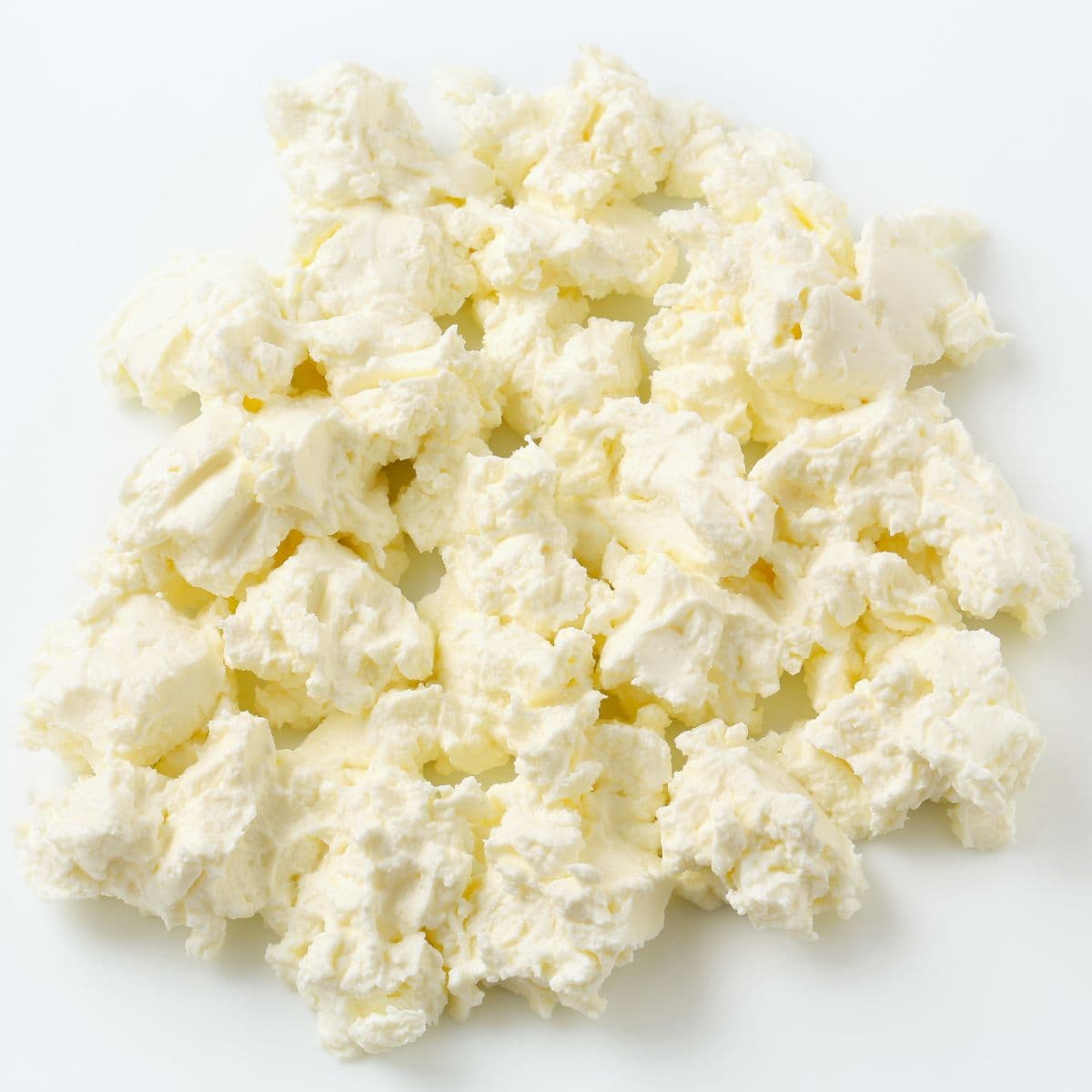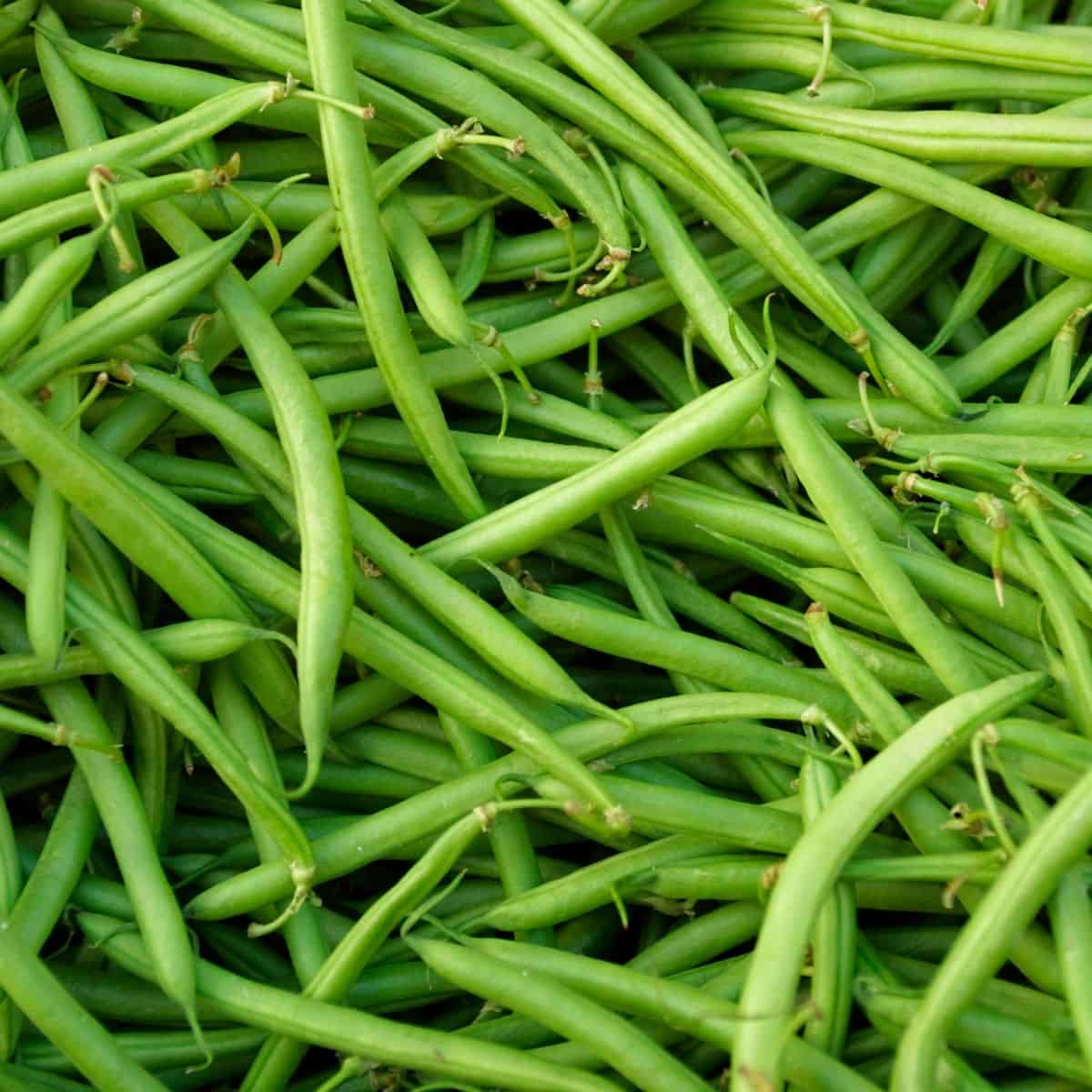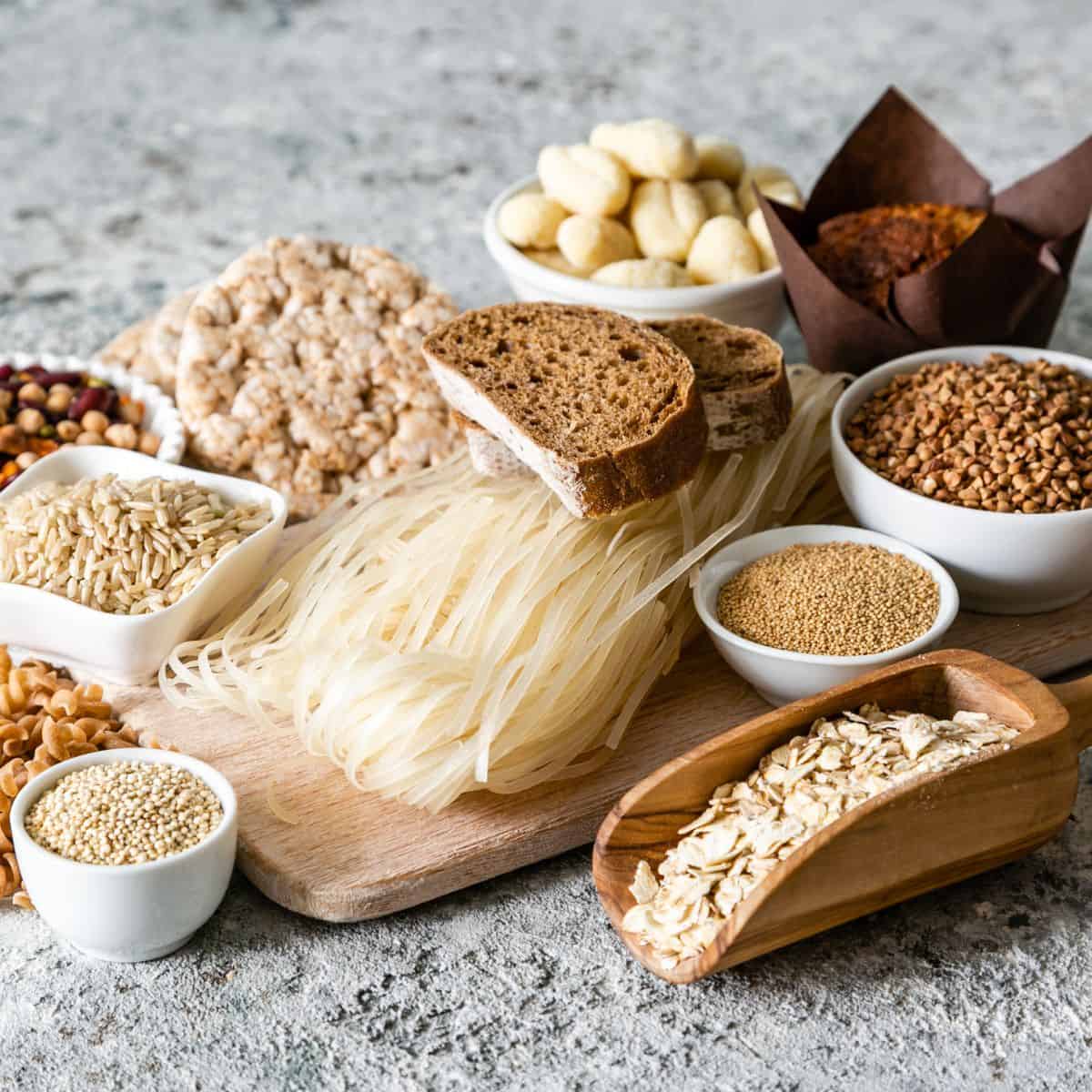The vegan keto diet is becoming increasingly popular among those looking to lose weight and improve their overall health. It is a low-carb, high-fat diet that eliminates all animal products, including meat, dairy, and eggs. While the vegan keto diet may seem restrictive, it can be a great way to get all of the essential nutrients your body needs while still eating a plant-based diet.
This beginner's guide to the vegan keto diet will provide you with all the information you need to get started. We'll discuss the basics of the diet and provide some tips and tricks to help you get started. With this guide, you'll be able to start your vegan keto journey with confidence and ease.
What Is a Vegan Keto Diet?
If you are looking to make a transition to a healthier lifestyle, you may have heard about vegan keto diets. These diets have become increasingly popular due to their ability to provide a wide range of health benefits, including weight loss and improved heart health. The vegan keto diet combines the principles of a vegan diet with a low-carb, high-fat eating plan.
A vegan keto diet focuses on consuming plant-based foods while limiting carbohydrates and increasing fat intake. This combination can help to reduce hunger and cravings while also promoting weight loss. Additionally, the vegan keto diet helps to maintain heart health by reducing the risk of high cholesterol, diabetes, and other chronic diseases.
How to Get Started on Your Vegan Keto Diet
So, how do you get started with a vegan keto diet? Here are some tips to help you get started:
1. Limit Your Carbohydrate Intake: The first step to following a vegan keto diet is to limit your daily carbohydrate intake. Aim for a carb intake of around 20-50 grams per day. This will help you maintain ketosis and ensure that you get the most out of your vegan keto diet.
2. Eat Plant-Based Foods: The vegan keto diet focuses on consuming plant-based foods such as vegetables, legumes, nuts, seeds, and fruits. These foods are high in fiber and essential vitamins and minerals while also being low in carbohydrates.
3. Increase Your Fat Intake: It's important to make sure that you are getting enough fat on your vegan keto diet. Healthy fats such as olive oil, coconut oil, avocados, and nuts are great sources of essential fatty acids and should be a staple of every delicious keto meal.
4. Monitor Your Progress: As you transition to a vegan keto diet, it's important to monitor your progress and make adjustments as needed. Track your weight, energy levels, and food intake to make sure that you are getting the most out of your diet.
Conclusion
By following these simple steps, you can be sure to get the most out of your vegan keto diet. Remember, it takes time and dedication to see results, so be sure to be patient and consistent with your diet. With the right motivation, you can be well on your way to achieving your health and weight loss goals.
Ready to start your keto journey? Keto Diet Yum is here to help you adjust to the vegan keto lifestyle with delicious recipes and helpful tips to get you started. We give you some of the best keto recipes and nutrition advice to make sure you have an enjoyable and successful journey. Check out our posts and get cooking today!




